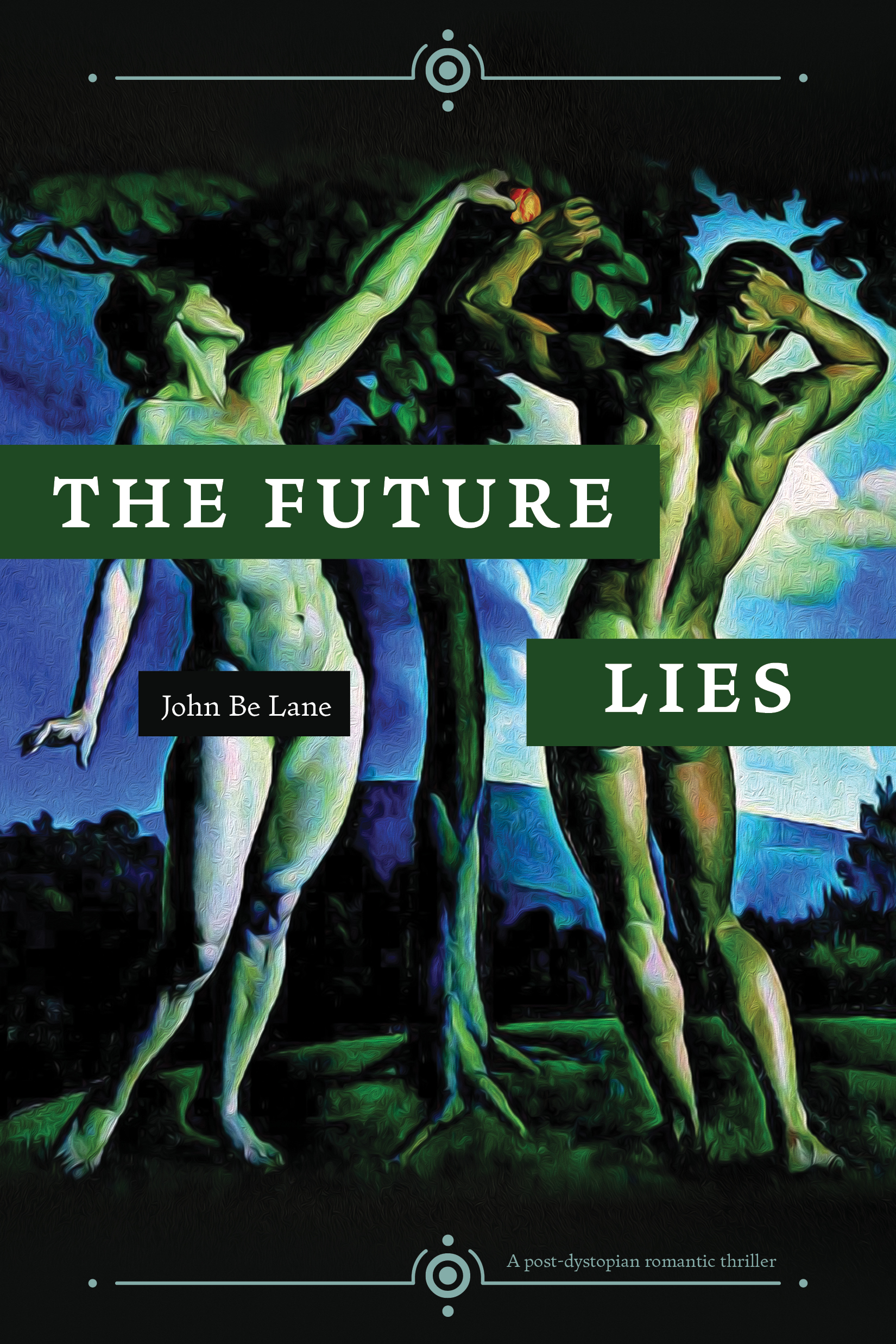Booklife Review

In this terrifying but convincing future, Lane explores resonant questions of not only how close humanity is to destroying the world, but also how dangerous it would be to depend on computers to fix it. The Network believes learning is dangerous, and that humans prefer not to have to think on their own anyway. Goners spend every moment of their days roaming the streets, staring at screens (called slabs, just one of many striking coinages), watching shows that reiterate the terribleness of learning and reading.
Lane holds off until late in the novel revealing how our civilization descended to this, or how the Network and Goners came about, questions that haunt a narrative that deftly keeps readers drawn into this fallen future, seen through the eyes of the Kid (Roscoe), Juniper, and the few true humans left in Denver, who understand that learning shouldn’t be outlawed. Written with assured power, the result is gripping, scary, and surprisingly empathetic: even the Network strives to be more human and have something like a soul.
Takeaway: A gamer and friends fight against the Network in a dystopian future.
Comparable Titles: Linsey Miller's The Game, Conor Kostick's Epic.
Production grades
Cover: A-
Design and typography: A
Illustrations: N/A
Editing: A
Marketing copy: A-


